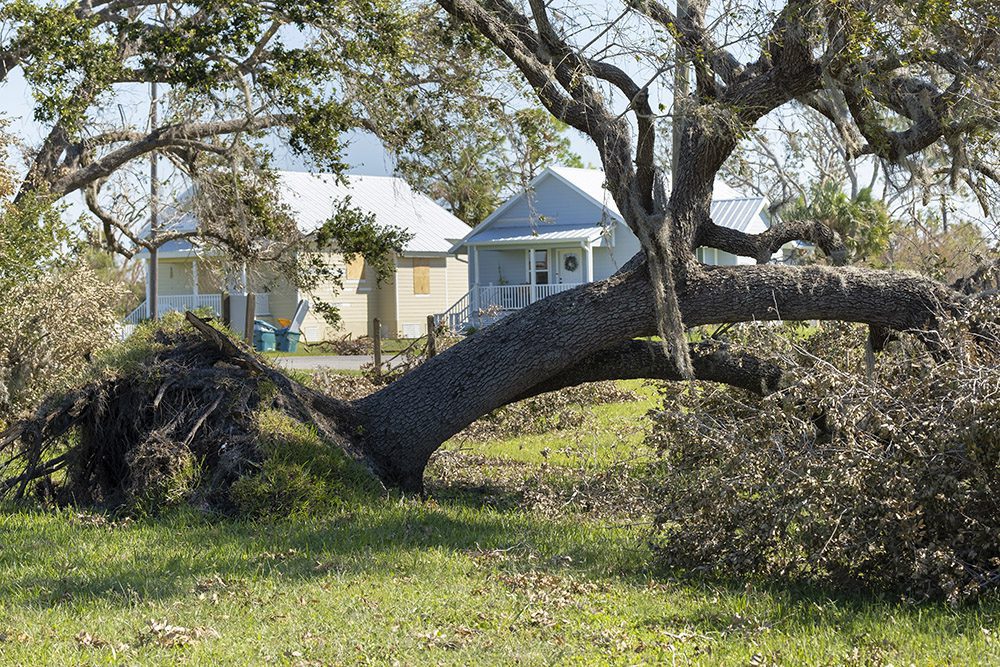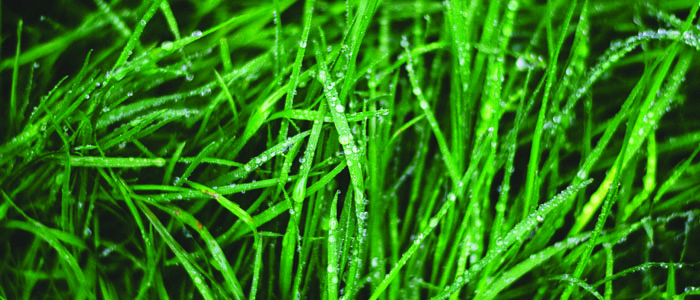
With beautiful weather on its way in and finally returning to a sense of normality for many Floridians, there is one negative that comes this time of year as well and it isn’t just an excess of pollen. Spring pests and insects are also returning after their time dormant during the winter months. Now, once again, we need to step up our pest control to ensure they don’t come calling on our homes for food and shelter.
While we definitely recommend calling the professionals for your pest control needs, there are still many things that you yourself can do to help decrease and even prevent spring pests from bothering you. Here we will cover some simple tips and tricks that should give you a boost in your defense against spring pests.
Keep Trees And Shrubs Trimmed
Any trees, plants, or shrubs that are close to your home – whether to the walls of your home or even the roof – keeping these trimmed will go far in the prevention of pests being attracted to your home. Longer branches from trees will encourage rodents such as mice and squirrels to enter your home from the rooftop, allowing them to gain access to your attic space.
Alongside rodents using tree branches, ants and other small insects will use these as a bridge to the walls of your home. The same goes for shrubs or plants that are not kept properly cleaned up with a safe distance between them and your house. Keep an eye on shrubs hugging your home, as these can reduce airflow and encourage moisture to collect. Not only do pests love moisture, but it also encourages plant decay – which many insects adore!
While mosquitos lay their eggs in stagnant waters, it is actually the plants and shrubs surrounding your home that they rest in and is in fact, a favorite place for mosquitos to get out of the sun. The thickness of the vegetation is very inviting, so combat this invitation by keeping plans and shrubs not only well-trimmed but thinned out. This method of eliminating hiding spots in thick vegetation is the best way to reduce mosquitos around your home.
Keep The Home Perimeter Free Of Debris
An ongoing theme with many pests is that they love to hide in thick vegetation and debris. Much like mosquitos with their shrubs both termites and carpenter ants will swarm to stacks of moist wood and thick layers of mulch that are right next to your home. Termites especially need ground-touching wood to survive, meaning mulch or even stacks of firewood will be a loud invitation for these pests to move into.
It’s not just termites and ants you need to worry about in these areas either. Other pests including cockroaches, silverfish, and earwigs will take advantage of this wooden debris too. So while mulching landscape and firewood are great to have, focus on keeping them away from the home exterior.
Keep Up Lawn Maintenance
While keeping shrubs and trees trimmed away from your home is great, having long grass in your lawn will defeat the purpose of these other preventative measures. An overgrown lawn will quickly become home to many pests and not just the ones that bother us either. There are several types of pests that can also cause harm to your pets including fleas and ticks, rodents, and even snakes. While we understand how much of a pain regular lawn maintenance has a tendency to be, it is better than the alternative of pests inviting themselves into your yard.
Don’t Forget About The Gutters
The unfortunate thing about gutters is they have a tendency to be out of sight, out of mind. That is until they begin overflowing or cause other issues around the home when it rains. Much like debris around the lawn, leaf and debris filled gutters are the perfect places for insects to make their homes. Pests like ants, mosquitos, and even roaches will thoroughly enjoy nesting in your gutters. So be sure to check these routinely and keep them cleaned out.
Call The Professionals
If you spot any pests in your home or lawn, be sure to give the professionals a call to take care of them. Alongside preventative measures, a professional pest control solution is a great way to enjoy the warmer months of the year pest free.








